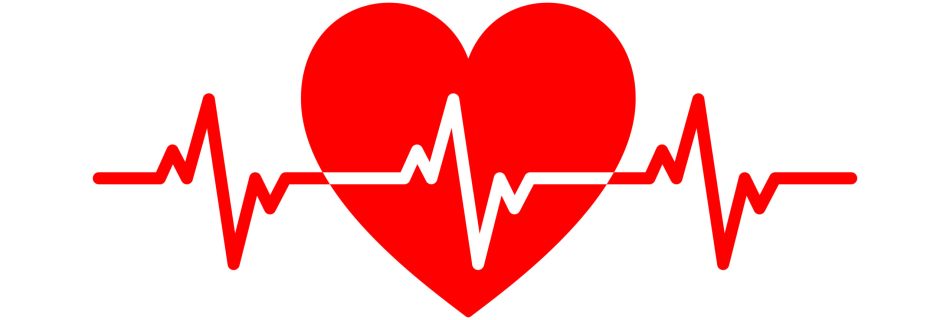Why Heart Rate Alone Isn’t Enough: Rethinking Performance Metrics
For decades, heart rate has been the go-to metric for athletes and coaches aiming to optimize performance. It’s convenient, widely accessible, and often seen as a universal marker of effort. However, heart rate is far from perfect. Recent research, including findings from the Journal of Sports Science and Medicine (Tocco, 2015), highlights significant limitations of …
Read more “Why Heart Rate Alone Isn’t Enough: Rethinking Performance Metrics”





